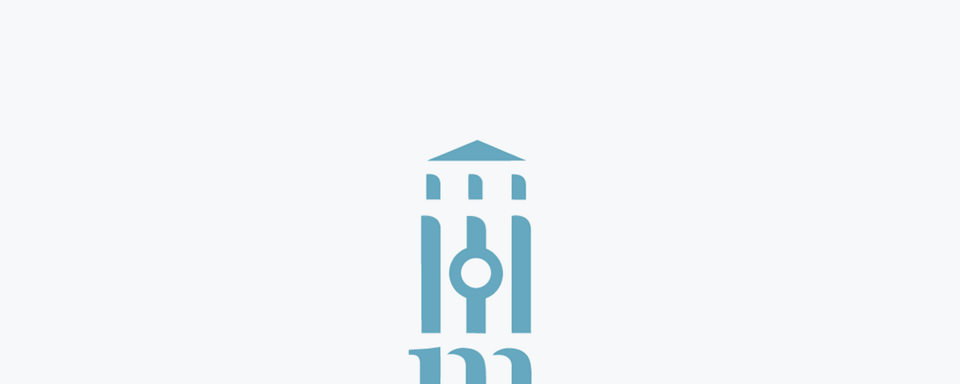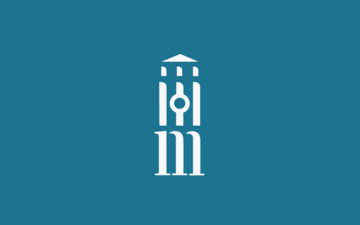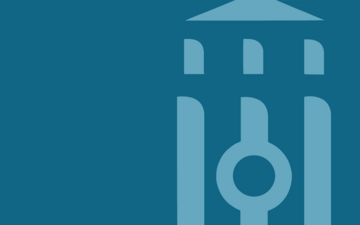UM Press Annotates Digital Writing and Education: Beyond the Makerspace

Welcome to the third week of #DigitalWriting and #DigitalEducation with UM Press Annotates. We’ve reflected on the multilingual translation in Laura Gonzales’ Sites of Translation: What Multilinguals Can Teach Us about Digital Writing and Rhetoric (University of Michigan Press, 2018) and how we use technology to help us move from idea to text in Tim Lockridge and Derek Van Ittersum’s Writing Workflows: Beyond Word Processing (University of Michigan Press, 2020).
Ann Shivers-McNair’s Beyond the Makerspace: Making and Relational Rhetorics (University of Michigan Press, 2021) extends the conversation to a new kind of composing–one that builds community and physical objects simultaneously. With Beyond the Makerspace , we build on the themes of identity and workflow discussed earlier in the series.
Please join us in annotating Chapter Five, “Community,” from April 3 rd to April 9 th . In this chapter, Shivers-McNair invites readers to think about how we can build community in digital and physical spaces.
How to Participate
The University of Michigan Press looks forward to engaging with readers through UM Press Annotates. To help make the conversation productive for all, we ask annotators to follow these community guidelines:
- Seek to understand differing perspectives. Questions can inspire meaningful conversation and help us develop shared understandings, even where we may disagree.
- We welcome scholarly disagreements, but ask all annotators to engage in respectful communication practices.
- Help make the conversation searchable across social media with the hashtags #UMPAnnotates and #DisabilityStudies.
To add annotations and respond to others, sign up for a free Hypothesis account . Once you have an account, there’s no need to install a browser extension; Hypothesis is embedded in our Fulcrum platform. Sign in, select some text, and click the annotate button to join the conversation: happy annotating!
This post was written by Michelle Sprouse, a PhD candidate in the University of Michigan’s department of English and Education and UM Press editorial intern. Michelle currently oversees the UM Press Annotates pilot program. In her own research, she explores social annotation as a tool for connecting reading and writing in post-secondary contexts.



